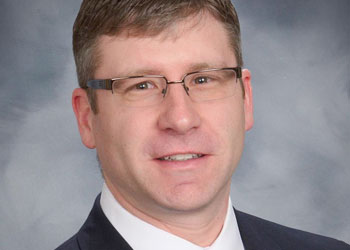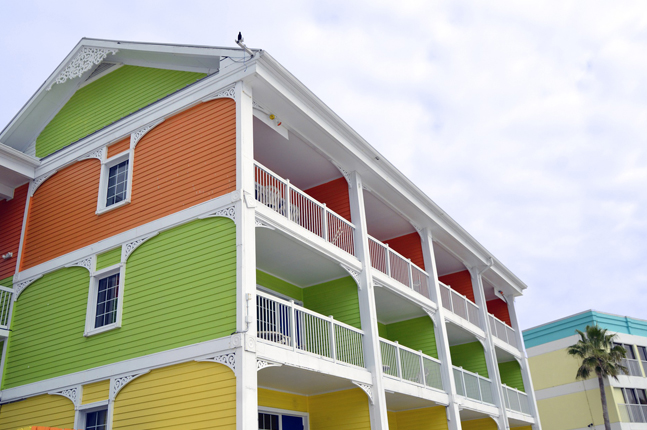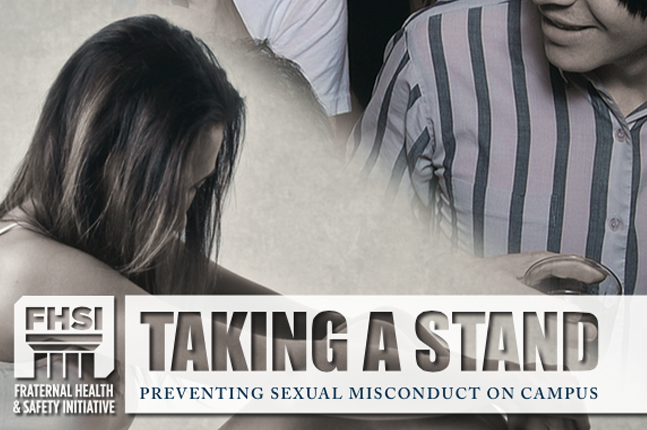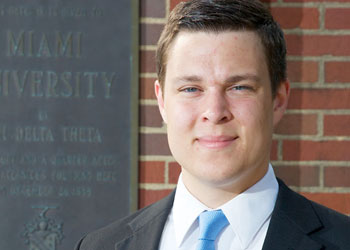By Marc S. Mores, Executive Vice President – James R. Favor & Company
Alan: “I tend to think of myself as a one-man wolf pack.” – The Hangover
Mixing brotherhood and alcohol happens every day on college campuses across the country. Often times, our brothers fail to appreciate the fact that their own “one-man wolf pack” actions and decisions do impact our Fraternity. The choices surrounding your own personal alcohol use are yours to make, but you can have a positive impact on the safety of your brothers when you consider these five key points when planning events where alcohol will be present.
1. Location
Deciding where to host a social event or where to hang out with your brothers is of utmost importance. Ideally, should you choose to drink alcohol, you would do so in an establishment that is properly licensed to sell alcohol. The venue would absorb the risks of controlling, selling, and serving the alcohol. When spur-of-the-moment or even planned events occur elsewhere (i.e. a brother’s apartment), you and/or your chapter could be liable for the events that take place. Just this year we have seen an intoxicated fraternity member shoot a bottle-rocket out of his rear end and a group of sophomores use a water balloon launcher to hit unsuspecting targets all in the name of fun but end with severe injuries and unintended consequences.
2. Transportation
Many chapters are using designated driver or safe-ride programs to address this key exposure in today’s Greek community. These programs are a strong attempt to ensure brothers get home safe. Unfortunately, no matter how well-intended, there have been a variety of significant injuries and even deaths when these programs do not strictly adhere to their design. The best choice is to use public transportation for those events that occur more than 10 miles away from your campus. Members who choose to drive themselves and others in their personal automobiles must understand they do so at their own risk as no insurance coverage is available to them for this exposure.
3. Beverages
At events, chapters should never provide alcohol for their own members or for guests. Using chapter funds or passing the hat violates the Fraternity’s risk management policies. Remember to avoid the use of hard liquor and the mixing of energy drinks with alcohol. If you decide to not use a third-party vendor, each person should bring their own beverage of choice. Given that the clear majority of collegiate fraternity and sorority members are under the legal drinking age, Chapters should offer alternatives to alcohol such as complimentary bottled water or other appropriate beverages. Food at any event is a welcome addition but you want to avoid salty foods whenever possible.
4. Pre-Gaming
Pre and post event activities are commonly misinterpreted as the time where no rules apply. Phi Delta Theta’s risk management policies do not come with a time clock or an expiration date. Each member is expected to understand, comprehend and adhere to the risk management policies at all times. If you are unclear ask the chapter’s risk management chairman, president, or a local adviser to review them with you. Younger members commonly use this time to binge drink prior to the registered or planned events. Big brothers or pledge dads should help monitor these activities and step-in when necessary to ensure all members avoid this risky behavior and stay safe.
5. Event Planning
Phi Delta Theta General Headquarters offers assistance in planning your events to ensure your chapter is in compliance with the rules and regulations of the Fraternity. The Headquarters staff offers feedback to assist chapters in planning safe events that reduce the potential for loss. Contact the Phi Delta Theta General Headquarters or visit www.phideltatheta.org for additional information. You can also visit www.jrfco.com for risk management resources.
While you may get a good laugh out of characters like Alan from The Hangover, repeating the antics you watch on the big screen can lead to real world consequences. Remember to not let today’s fun turn into tomorrow’s evidence.





